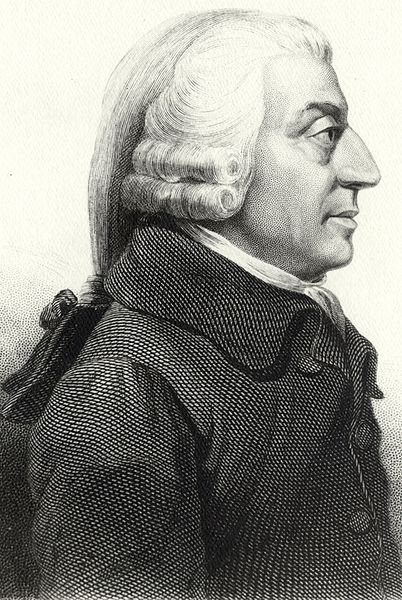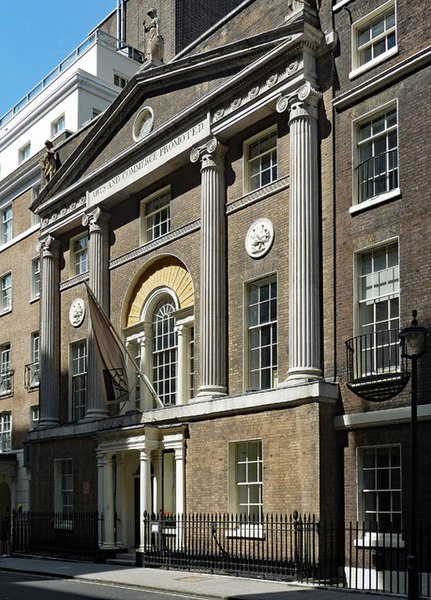Adam Smith was a Scottish economist and philosopher who was a pioneer in the thinking of political economy and key figure during the Scottish Enlightenment. Seen by some as "The Father of Economics" or "The Father of Capitalism", he wrote two classic works, The Theory of Moral Sentiments (1759) and An Inquiry into the Nature and Causes of the Wealth of Nations (1776). The latter, often abbreviated as The Wealth of Nations, is considered his magnum opus and the first modern work that treats economics as a comprehensive system and as an academic discipline. Smith refuses to explain the distribution of wealth and power in terms of God's will and instead appeals to natural, political, social, economic, legal, environmental and technological factors and the interactions among them. Among other economic theories, the work introduced Smith's idea of absolute advantage.
1787 portrait
Portrait of Smith's mother, Margaret Douglas
François Quesnay, one of the leaders of the physiocratic school of thought
David Hume was a friend and contemporary of Smith's.
The Royal Society for the Encouragement of Arts, Manufactures and Commerce, commonly known as the Royal Society of Arts (RSA), is a London-based organisation.
The RSA building (18th-century engraving)
Front façade of the RSA building at 8 John Adam Street in London
The RSA building, rear façade (facing the Strand)







